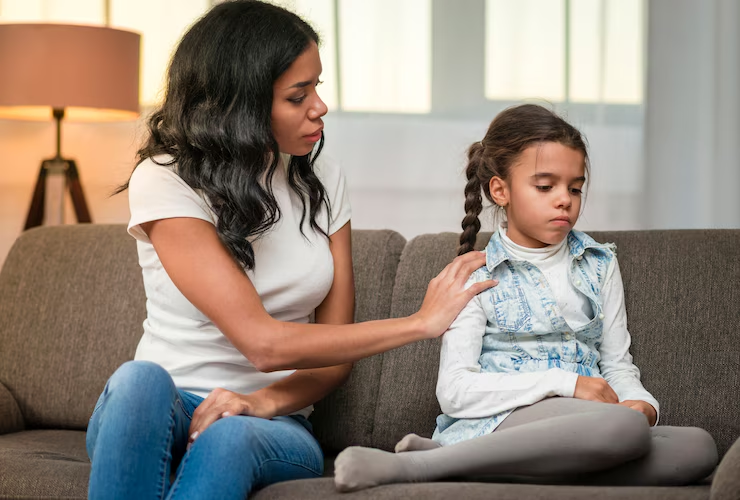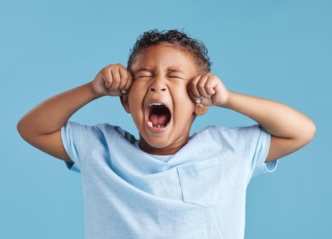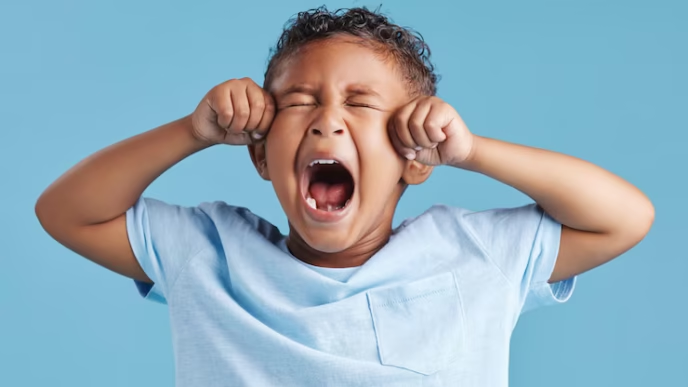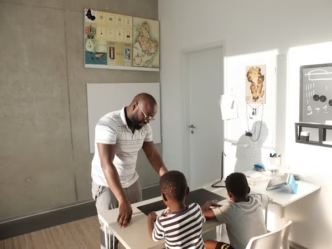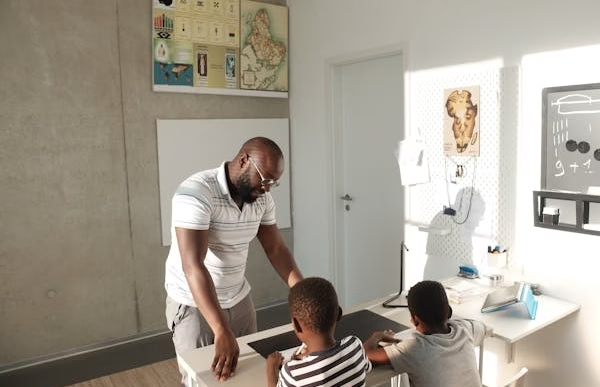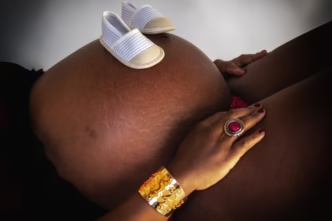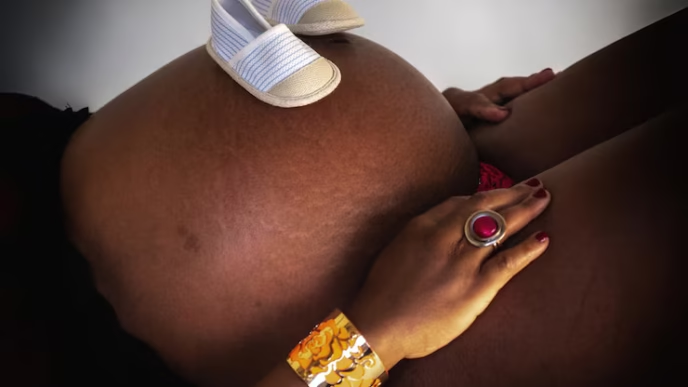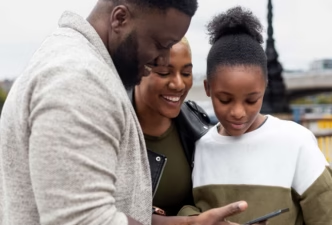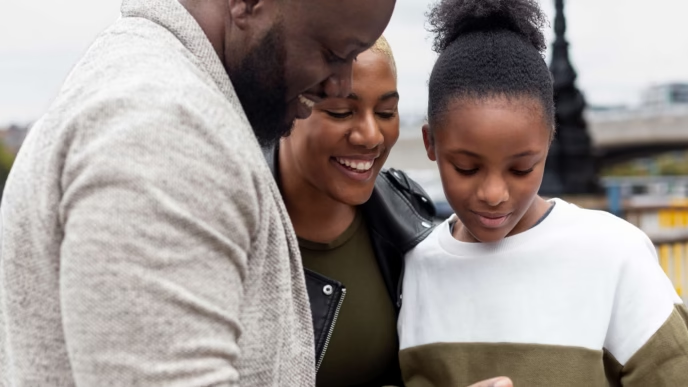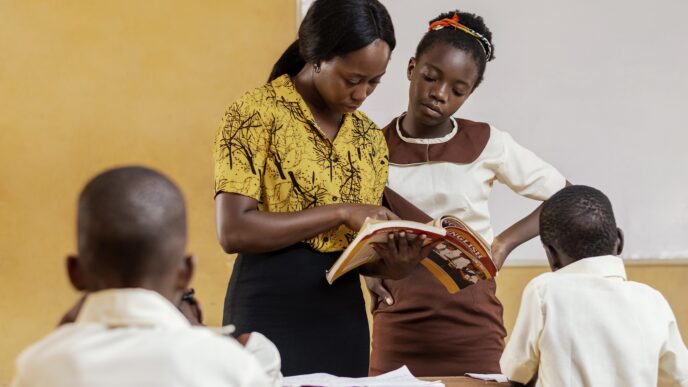Key Highlights
- Saying “I’m sorry” shows strength, not weakness
- What worked back home won’t always work abroad
- Silence breeds distance. A simple apology can save the relationship.
Growing up as an African child, hearing your parents say “I’m sorry” was about as rare as seeing a zebra in Lagos traffic. If my father ever uttered those words, I’d check if he had malaria.
One time, my dad accidentally slammed my fingers in the door. I cried. His response?
“Ehn, that’s why I told you to be fast. You always waste time.” That was the apology.
Another time, my mom shouted at me for “losing” the TV remote—only to find it tucked under her own leg. Guess who still got the lecture on “responsibility”? Me. Again.
If you’re African and living abroad, you probably laugh when you see TikToks of parents sitting their kids down for “heartfelt apologies.” You’re like, “Wait, what? Your parents say sorry? And you’re still alive?”
In my house, if you dared to question any command, you’d get a crash course in Who Is Feeding Who in This House 101.
But here’s the real kicker—can African parents actually apologize to their kids without losing authority? The answer may surprise you.
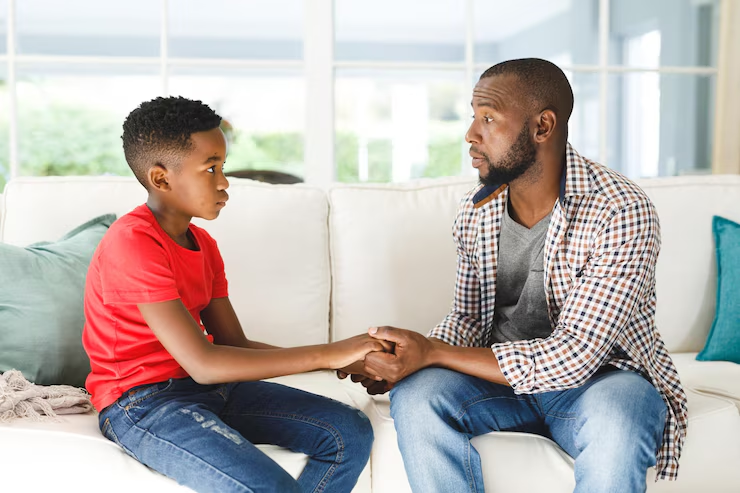
Why African Parents Avoid Apologizing: A Cultural Legacy with Sharp Teeth
Let’s face it: in many African cultures, especially among Nigerians, Ghanaians, Kenyans, and Zimbabweans, parenting is hierarchical. A vertical structure. Like the Tower of Babel, but taller.
Dad at the top.
Mum slightly below.
Children, somewhere near the soil.
This wasn’t cruelty—it was survival. In a society where respect equated to obedience, an apology from a parent was seen as a crack in the armor, a potential invitation to rebellion.
In Yoruba homes, elders often say, “Alagba ni o wa, ori ọmọ kii ṣe aṣiṣe” (The elder is present, the head of a child doesn’t misbehave).
In Ghanaian households, the Akan proverb “Obi nkyere abofra Nyame” (No one shows a child God) reinforces the belief that adults know better by default.
So if a parent admits wrong, doesn’t that make them look… human?
And that’s exactly the fear.
The Dangerous Ripple Effect of Never Saying Sorry
Let’s flip the kente cloth and look at what happens when African parents never apologize—even when they’re glaringly, obviously, cartoonishly wrong:
1. Kids Start Believing Their Emotions Don’t Matter
If every time your child gets hurt emotionally and you deflect blame (“You’re too sensitive”), they’ll start shrinking themselves emotionally.
Result? Adults who can’t assert their needs without guilt.
2. Children Model the Same Behavior
A child raised in a no-apology household may carry that into friendships, marriages, and work environments—deflecting blame like a champion of “it’s-not-my-fault” Olympics.
3. They Become Distant
When children feel their hurt is dismissed, they don’t argue. They distance. You may live under the same roof, but your child’s heart is already in someone else’s house—probably a friend’s mum who makes banana bread and asks, “Are you okay, sweetheart?”
But Can Parents Apologize Without Losing Authority? Absolutely. Here’s How:
Let’s redefine “authority.” If your version of being in charge means never being wrong, you’re parenting with fear, not wisdom.
True authority is like a baobab tree: firm, towering, but offering shade and refuge. Not just casting shadows.
Apologizing doesn’t make you weak—it makes you real.
Let’s say your son breaks a mug, and in a flash of frustration, you say, “You’re so careless, just like your mother’s side.”
Later, you realize that was uncalled for.
What do you do?
Here’s a simple, respectful apology that doesn’t lower your crown:
- “I shouldn’t have said that. It was wrong and unfair to both of you. I’m sorry. I’ll be more careful with my words.”
- No crawling on knees. No fruit basket required. Just honesty.
And guess what? Your child learns:
- It’s okay to admit wrong.
- Words matter.
- Mum or Dad isn’t a dictator—they’re a leader.
If You Don’t Apologize, Here’s What You Risk Losing
Let’s go there. If you still think you don’t owe your child an apology when you’re clearly wrong, here’s what’s really at stake:
1. Your Moral Credibility
You can’t teach a child integrity while practicing hypocrisy. Children have built-in hypocrisy detectors, and they beep louder the older they get.
2. Their Respect in the Long Run
Fear gets results now. But in the long game? Fear fades. Respect stays.
Think of it this way: If you’re always right in their eyes, they won’t come to you when they’re wrong. They’ll go to Google. Or worse, Twitter.
3. Connection
Your kids aren’t just bodies to feed and clothe—they’re hearts to win. If you don’t win their hearts, someone else will. And you may not like who that is.
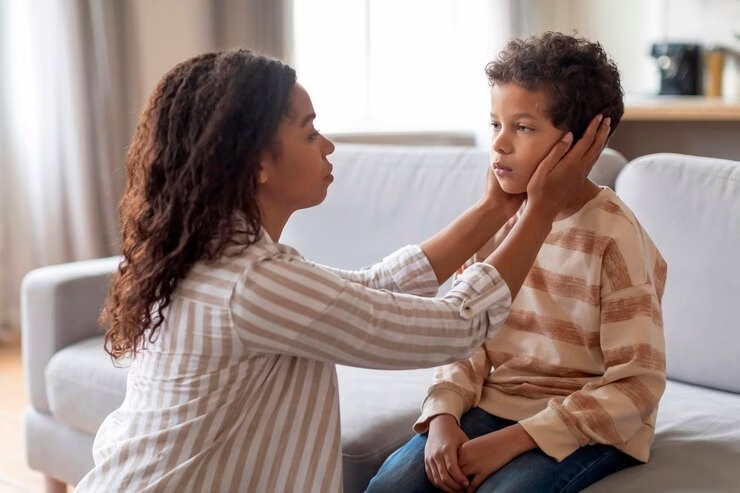
Living Abroad? The Stakes Are Even Higher
If you’re raising your children outside Africa—in the UK, Canada, the U.S., or Australia—you’re up against a culture clash.
Your child is growing up in a world where:
- Apologies are seen as emotional maturity.
- Respect must be earned, not demanded.
- Therapy talk is baked into classroom lessons.
If you cling to old-school parenting without adjusting for your new environment, you risk raising a child who doesn’t know how to navigate their two identities.
They’ll either:
- Become too African at home and too lost outside, or
- Too Western outside and emotionally estranged at home.
Neither is good. And neither is necessary.
How to Start Apologizing Without “Losing Face”
Think of apologizing as teaching by example, not as giving up your parental role. Here’s a culturally aware blueprint:
1. Timing Is Key
Don’t apologize when emotions are still hot. Wait until you’ve cooled off and the child is calm too.
2. Use Strong But Kind Language
Don’t water it down with “If you felt hurt…” Just say it:
“I hurt you when I yelled. That wasn’t right. I’m sorry.”
3. Balance It With Teaching Moments
End with, “Next time, let’s both try to handle that better.”
This keeps the authority intact but shows emotional leadership.
Even Presidents Apologize—So Can You
In 2023, Kenyan President William Ruto publicly apologized for state-sponsored injustices in the 1980s. That’s the head of state. On camera. With a mic.
Your kitchen doesn’t even need WiFi.
So what’s stopping us from facing our own children and saying:
“I was wrong. And I’m learning too.”
It’s not weakness. It’s wisdom. And it’s necessary.
Conclusion: Real Authority Isn’t About Being Right—It’s About Doing Right
The best gift you can give your children, especially as Africans living in the diaspora, is a blend of cultural strength and emotional intelligence.
You don’t have to be a modern-day “soft” parent who lets kids run wild. But you also don’t need to be a stone-faced disciplinarian who can never be wrong.
Say sorry when you’re wrong. You won’t lose respect.
You’ll gain legacy.


